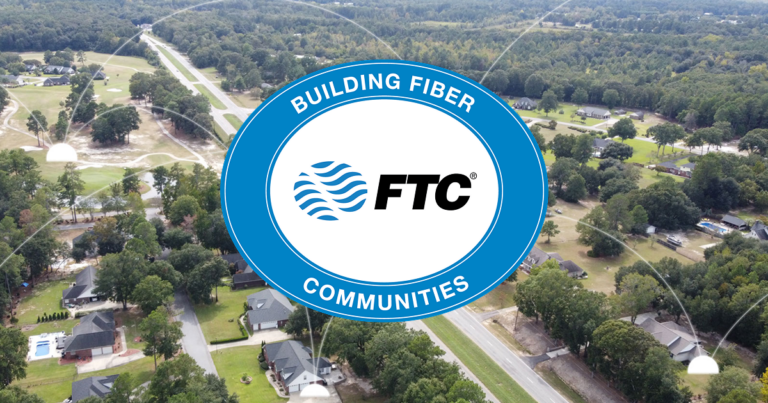Simply put, a static IP address is a non-changing internet address. Much like a physical street address, a static IP address can tell other computers or servers on the internet exactly where a specific computer is located or connected to the internet. Since the static IP address does not change, external devices and services always know where to find a server. This is useful for many small businesses that have internet-related needs, like in-house or managed web hosting, email and FTP servers, remote access to corporate networks, and videoconferencing.
Dynamic vs. Static IP Addresses
Most devices’ IP addresses are dynamic, meaning they change over time. Dynamic IP addresses are assigned by an Internet Service Provider’s (ISP’s) server or a network’s router when devices connect to them, and they can sometimes change at a moment’s notice.
Static IP addresses (also known as fixed or dedicated IP addresses), on the other hand, do not change. Once a device has been assigned a static IP address, that number remains with the device as its internet identifier until the device is decommissioned or the network architecture is modified. In most cases, devices that are given static IP addresses tend to be servers and other important equipment that require permanent addresses for other devices to reference.
What Is a Static IP Address Used For?
Static IP addresses are used to easily reference an internet-connected device. A single static IP can be assigned to just about any device, and it allows other devices and applications to always know where to find that IP address. This allows uninterrupted sending and receiving of necessary data, whereas a dynamic IP may cause hiccups in the data transfer process.
Why Should a Business Get a Static IP Address?
For casual internet users, a dynamic IP address usually serves their purposes just fine. Businesses should get a static IP address to provide remote access to networks, improve reliability of communication, host their own servers, upgrade DNS support and enhance geo-location services. Each of these options has its own advantages:
- Remote-access convenience: For businesses using a virtual private network (VPN) or other remote-access solution, a static IP address can make it much easier for employees to work remotely.
- Reliability of communications: Static IP addresses improve videoconferencing connections and make it much easier to use Voice over Internet Protocol (VoIP) services for teleconferencing.
- Server hosting: For businesses hosting any kind of server, like web, email or FTP servers, a static IP address makes it easier for customers and employees to find them via the Domain Name System (DNS).
- Improved DNS support: Having a static IP address greatly simplifies the setup and management of DNS servers and makes it quicker and easier for customers to find a business’s websites and services.
- Enhanced geo-location services: When services like mapping applications or weather forecasting can easily determine an IP address’s physical location, they can provide more accurate data for the user by delivering information tailored precisely to the user’s exact location rather than to a nearby city.
When Should You Use a Static IP?
Static IP addresses should be used in any situation where external devices need to remember your IP address. Using a static IP allows external devices to remain connected without your IT team needing to continuously update IP information. Whether you have an in-house IT team or work with an IT service to manage your technology, a static IP simply makes processes easier.
Ready to reap the benefits of having a static IP address for your business? Visit ftc.net/business to explore FTC’s options and to see our rates for fixed public addresses, which are available in Single, 2-node, 6-node and 14-node options. And to get local, expert IT help for your business in a number of tech-related areas, including static IP address setup, Managed IT, Cybersecurity, Hosted Services, and more, visit FTC IT Solutions today.




